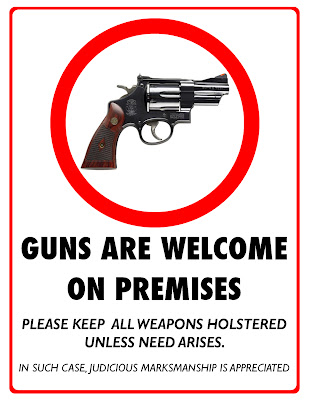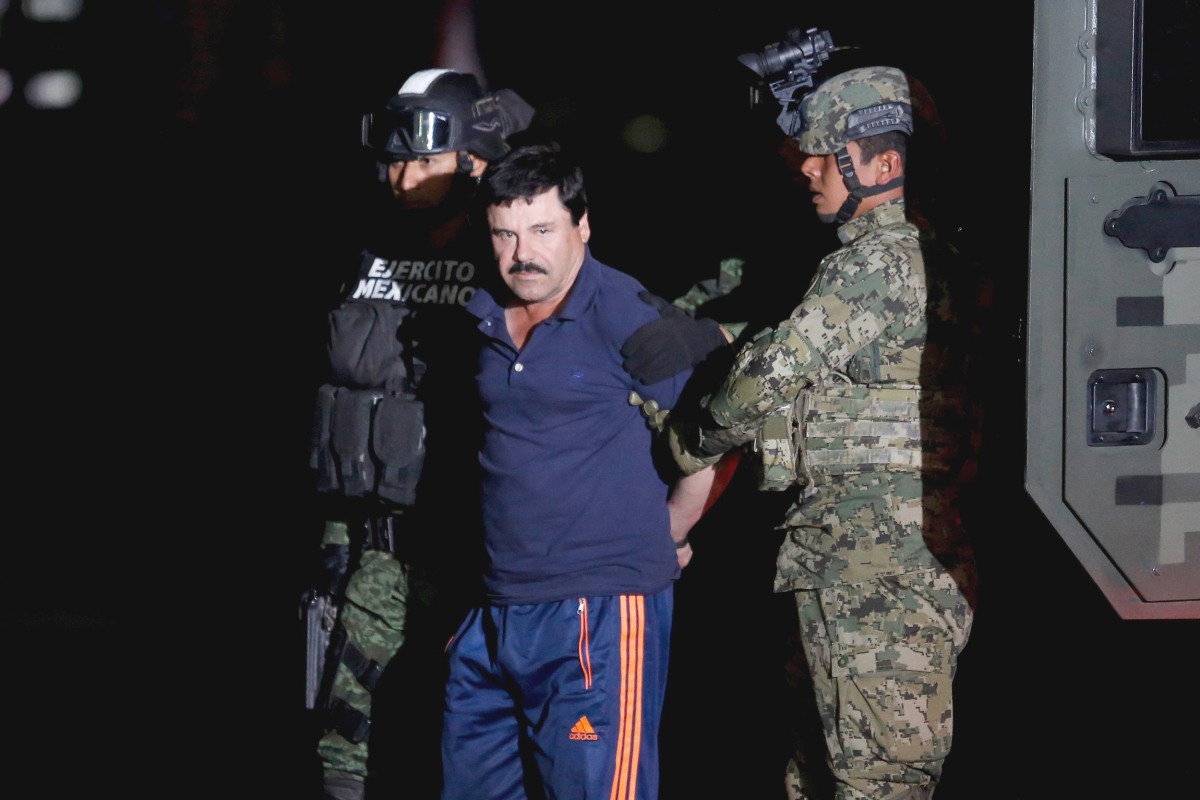 I most certainly agree with my classmate Adam Gonzales here, and with the critical campus carry law that's been enacted in many 4-year universities, and is soon going to be legal in community colleges, beginning on August 1, 2017. It is definitely a vaguely talked about issue in Texas, considering that our state is predominantly an open carry supportive state, or in simpler words a state that supports our second amendment the "right to bear arms." Although, our very own legislation approved open carry — and sent it to Governor Greg Abbott, who pledged to sign it and officially allow the new law to be in full practice. I for one, significantly agree with Mr. Gonzales that, "having guns on campus would bring a more negative effect than a positive one." But just to make it clear I do believe that open carry without a doubt is not a great law that was passed, but I don't think that it's really going to be such a big problem with college students. By this, I mean that most college students, but not all, are mostly in their early or late twenties and if you take into consideration the fact that guns are awfully expensive — I believe that most college students wouldn't really bother with buying a gun and bringing it to campus. Again, I am just taking into account the financial expenses that not all, but some college students have to maintain or not try to surpass.
I most certainly agree with my classmate Adam Gonzales here, and with the critical campus carry law that's been enacted in many 4-year universities, and is soon going to be legal in community colleges, beginning on August 1, 2017. It is definitely a vaguely talked about issue in Texas, considering that our state is predominantly an open carry supportive state, or in simpler words a state that supports our second amendment the "right to bear arms." Although, our very own legislation approved open carry — and sent it to Governor Greg Abbott, who pledged to sign it and officially allow the new law to be in full practice. I for one, significantly agree with Mr. Gonzales that, "having guns on campus would bring a more negative effect than a positive one." But just to make it clear I do believe that open carry without a doubt is not a great law that was passed, but I don't think that it's really going to be such a big problem with college students. By this, I mean that most college students, but not all, are mostly in their early or late twenties and if you take into consideration the fact that guns are awfully expensive — I believe that most college students wouldn't really bother with buying a gun and bringing it to campus. Again, I am just taking into account the financial expenses that not all, but some college students have to maintain or not try to surpass.  As far as the issue that unfortunately, occurred at Ohio State University, I don't necessarily think that college students should be the antagonists in these type of situations. I also agree with Mr. Gonzales that the campus police department should be the ones handling these type incidents, I mean isn't that their lawful job, to serve and protect? If that's not the case then why do universities, as well as colleges even have police departments? It shouldn't be the job of college students to worry about who might they have to shoot today — in case a tragic incident was to occur. To emphasize, let's also keep in mind that many college students are under a lot of stress as well, and as Mr. Gonzales states, "amounts of stress [and] the [legal] [right] [to] [posses] firearms would probably not be a good idea." Of course, an individual that is under high amounts of stress, and who could possibly be also suffering from psychotic thoughts should probably not be allowed to have legal possession of a firearm. As we know by now individuals that have committed acts of violence in schools tend to be "antisocial" individuals, who are the least expected to commit such acts. All I am saying is that we need to take into consideration the individuals, who I wouldn't necessarily classify as mentally ill, but who could be suffering from rejection within our society, as well as individuals who are as a matter of fact mentally ill. Our government should provide more support to these individuals, and although I understand that out government has implemented money and resources into helping the mentally ill, it isn't enough.
As far as the issue that unfortunately, occurred at Ohio State University, I don't necessarily think that college students should be the antagonists in these type of situations. I also agree with Mr. Gonzales that the campus police department should be the ones handling these type incidents, I mean isn't that their lawful job, to serve and protect? If that's not the case then why do universities, as well as colleges even have police departments? It shouldn't be the job of college students to worry about who might they have to shoot today — in case a tragic incident was to occur. To emphasize, let's also keep in mind that many college students are under a lot of stress as well, and as Mr. Gonzales states, "amounts of stress [and] the [legal] [right] [to] [posses] firearms would probably not be a good idea." Of course, an individual that is under high amounts of stress, and who could possibly be also suffering from psychotic thoughts should probably not be allowed to have legal possession of a firearm. As we know by now individuals that have committed acts of violence in schools tend to be "antisocial" individuals, who are the least expected to commit such acts. All I am saying is that we need to take into consideration the individuals, who I wouldn't necessarily classify as mentally ill, but who could be suffering from rejection within our society, as well as individuals who are as a matter of fact mentally ill. Our government should provide more support to these individuals, and although I understand that out government has implemented money and resources into helping the mentally ill, it isn't enough.
Thus, I definitely agreed with my classmate Adam Gonzales on the very debatable open campus carry law. All I can say on this issue is "we will just have to see" what exactly occurs in our public universities, and community colleges. Hopefully, we don't witness or hear about in the media of horrifying incidents — which could possibly involve firearms and the harming of our students, professors, and innocent bystanders. Unfortunately, that is all I can suggest. What are your thoughts?
Sincerely, Alfredo Jaimes






